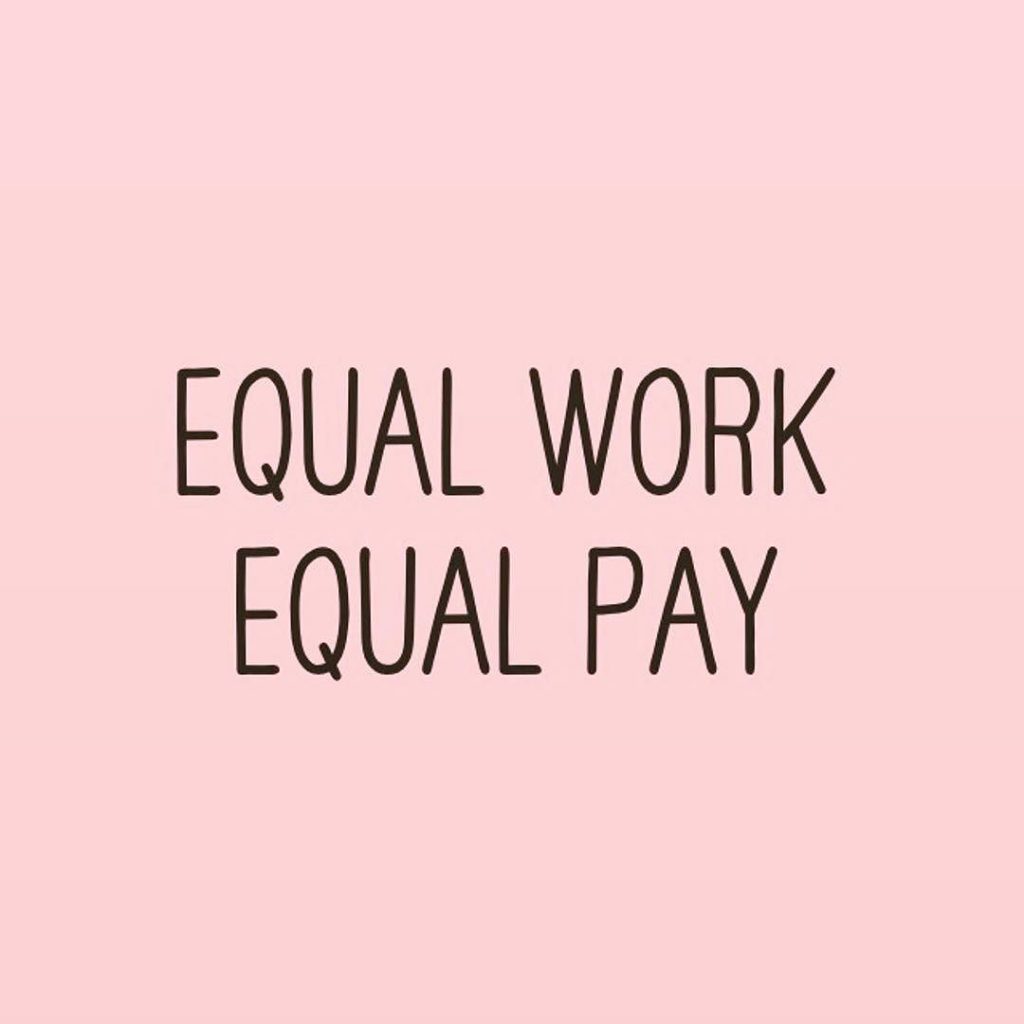For a large percentage of American voters, jobs and the economy were central to their decision-making process in the 2016 election. This election saw a shift of focus to the blue-collar worker more than any in recent history.
Trump-land began speaking up and as a result, more and more attention was given to coal miners, manufacturers and various blue-collar professionals who felt they had been cheated due to unfair trade agreements.
One employment sector is seldom discussed, however, despite the fact that it is one of the largest growing sectors. Pink-collar jobs, or jobs dominated by women, make up an estimated 55 percent of the workforce and are growing faster than most other types of employment.
Women now make up a whopping 51 percent of the workforce and dominate fields like healthcare, academia, child care, customer service, sales and administrative positions. These fields continue to grow in the new economy for several reasons.
Unlike manufacturing work and other blue-collar fields, pink-collar workers cannot be outsourced due to their emphasis on human interaction. This does not mean they can’t be exploited, however.
The largest issue concerning pink-collar fields is that workers in those fields are often underpaid and receive paltry benefits or none at all. Specifically, in fields that are considered “unskilled,” benefits are practically nonexistent.

American employers have an unsavory history of seeking out women to fill roles they don’t want to pay men higher wages for. Female labor has historically been viewed as a bargain. In order to justify paying low wages and offering no benefits, employers deemed positions dominated by women “unskilled.”
Positions in hospitality, food service and customer service, in particular, have been branded with this “unskilled” label, and have not been able to recover. Tipped positions are especially problematic. The history of tipping is surprisingly racist in that it was created after the civil war in an effort to continue to avoid paying African-Americans fair wages.
Tipped positions still accomplish that for most employers, and women and minorities are still affected by it more than other groups. According to statistics, women make up over 70 percent of food service workers and a similarly high percentage of other tipped sectors of employment.
This is particularly problematic when one considers the federal minimum wage for tipped workers has been at a standstill since the ‘90s at just $2.13 an hour. The “unskilled labor” label had been branded to these positions, allowing for continued exploitation in those fields.
That is particularly troubling when one considers the soft skill sets needed to perform well in customer service-oriented positions. Many men in more blue-collar positions, for example, claim they would not have the patience to work in a customer service position.
Oftentimes, customer service workers serve as punching bags for customer complaints, making these positions incredibly stressful. Call center work is especially stressful in this way, considering much of the job description for a call center employee is centered around dealing with customer complaints.
One doesn’t have to look very hard to see that call center workers are grossly underpaid either. Many of the salaries offered in these positions are not much more than the federal minimum wage.
Even in skilled positions, pink-collar workers still suffer the stigma of low pay. Teachers are notoriously underpaid, with legislation often working directly against them, but most would be surprised to learn how little STNAs and home health aides are compensated for their work.
The people who care for our sick and elderly are paid on average a salary of just $23,000 a year. It should come as no surprise that women dominate this field, making up over 90 percent of home health aides nationwide.
This should be an outrage, especially when one considers many blue-collar and male-dominated professions that require similar levels of training, often start out at much higher salaries and offer good benefits.
Still, fields like construction and manufacturing are largely dominated by men. While there may be some push to attract women to the field, sexism is still rampant in construction, with women often being confined to secretarial and administrative positions and the female builders being treated worse than their male counterparts.

Oftentimes, women don’t even have the opportunity to view these jobs as options because of systemic factors that still confine women to certain career fields. Many of these female-dominated careers are still viewed as unskilled, enabling employers to pay them less.
This is ironic considering one of Trump’s largest demographics — manufacturing and factory workers — are known for the repetitiveness of their jobs. Still, these dwindling jobs paid higher wages and offer pensions and other benefits. These were the same men harping on about entitlements, but I digress.
In pink-collar fields, the highest paying professions are in nursing, public relations and various administrative roles. This is why the public debate on the value of a college degree is so bothersome. Women have little choice but to obtain a degree if they want to be competitive in the workforce.
Still, the debate ensues, especially on the right, that college is a scam. While it may be true that many people never end up using their degrees, most women require a degree to become competitive in career fields with salaries above the poverty line. That is not the same for men who have the luxury of blue-collar work at their fingertips.
Things need to change. Customer service and hospitality need to abandon the unskilled label and be treated as viable professions worthy of a living wage. Not only that, the “college is a scam” rhetoric circulating in public discourse needs to cease. For many women, it is the only option to escape the low wage prison of the pink-collar sector.















